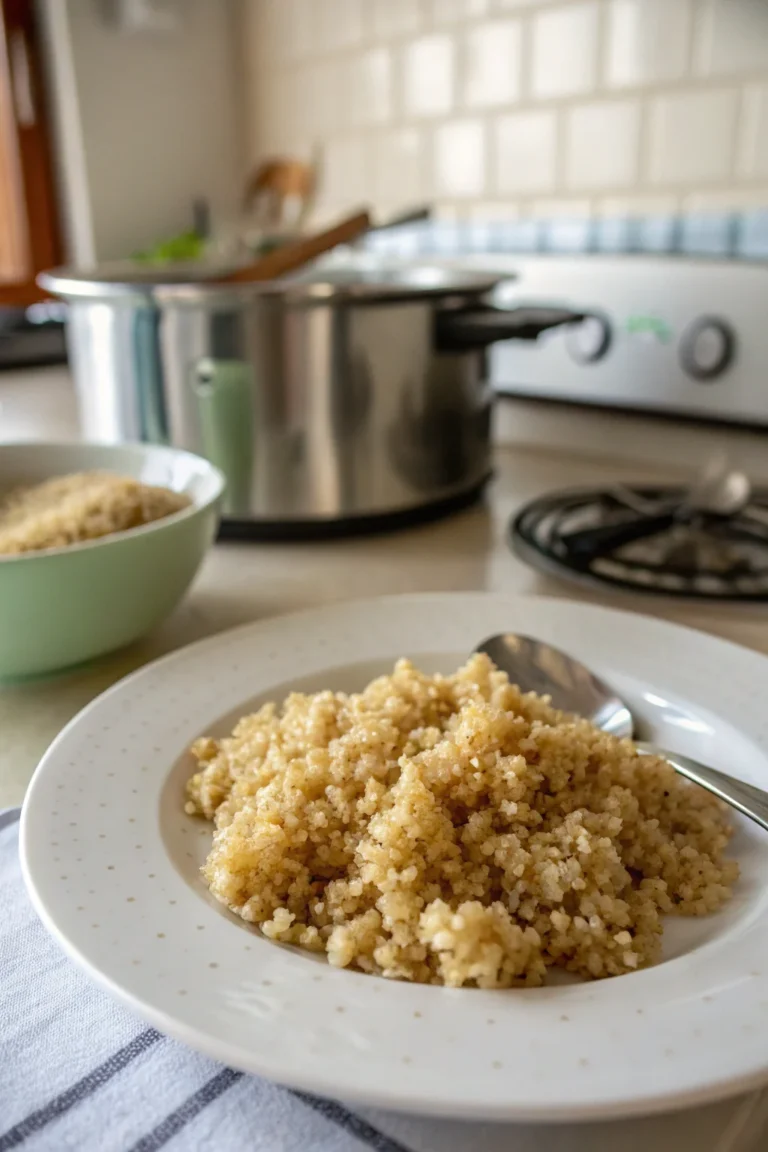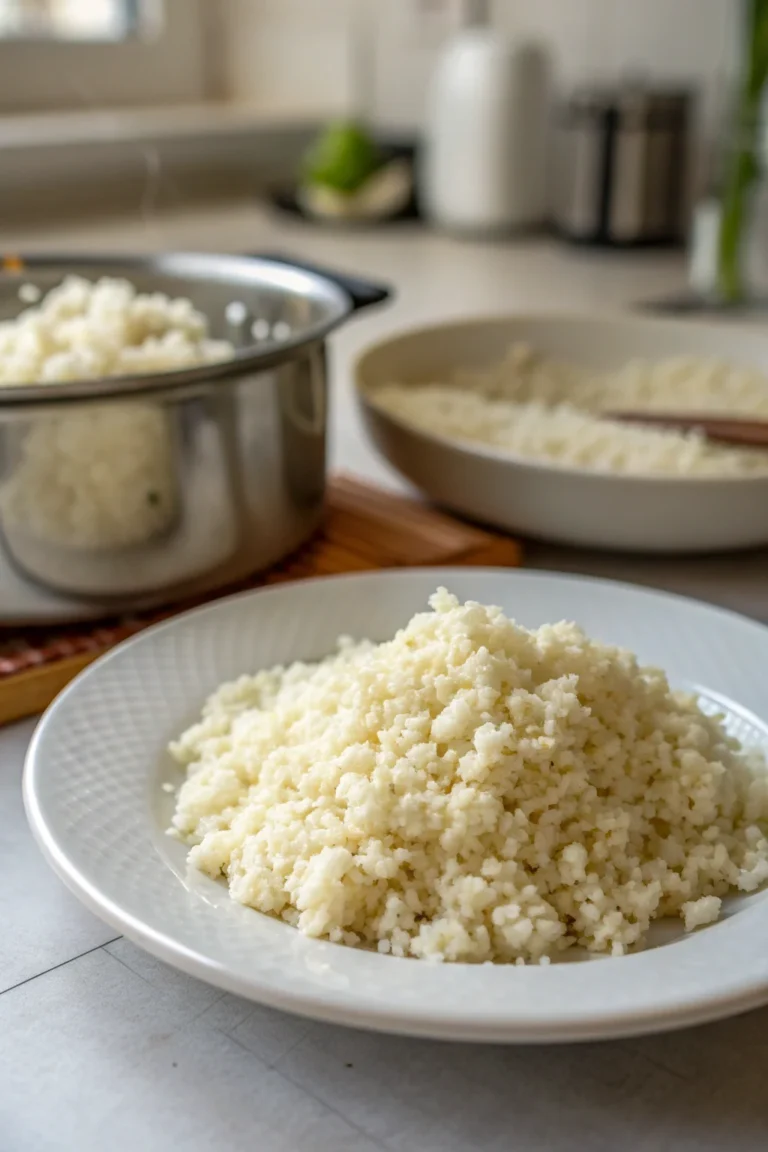What Is the Healthiest Oil to Cook With?
Healthiest Oil! Choosing the right cooking oil can make a significant difference in your overall health and the flavor of your dishes. With so many options available, it’s important to know which oils are the healthiest for cooking and why. This FAQ-style guide will help you understand the benefits of different cooking oils and how to incorporate them into your meals.
Table of Contents
What Makes an Oil Healthy for Cooking?
Healthy cooking oils are generally those that are high in unsaturated fats, which can help improve heart health. Look for oils with:
Monounsaturated fats: These can help reduce bad cholesterol. Oils rich in monounsaturated fats are known to improve heart health by lowering levels of LDL (low-density lipoprotein), commonly referred to as “bad” cholesterol, while maintaining levels of HDL (high-density lipoprotein), or “good” cholesterol. They are also known to have anti-inflammatory properties, which can be beneficial for overall health.
Polyunsaturated fats: These include omega-3 and omega-6 fatty acids, which are essential for body functions. Omega-3 fatty acids, in particular, have been linked to numerous health benefits, including reducing inflammation, improving heart health, and supporting brain function. Omega-6 fatty acids are also essential, but it’s important to maintain a balance between omega-3 and omega-6 intake.
High smoke points: Suitable for high-temperature cooking methods. The smoke point of an oil is the temperature at which it begins to break down and produce smoke. Cooking with oil beyond its smoke point can not only create an unpleasant taste but can also release harmful compounds. Therefore, it’s crucial to choose an oil with a suitable smoke point for the cooking method you intend to use, such as frying, sautéing, or baking.
Is Olive Oil the Healthiest Choice?
Yes, olive oil, particularly extra virgin olive oil, is often considered one of the healthiest oils due to its high content of monounsaturated fats and antioxidants. Its health benefits are well-documented, as it is a staple of the Mediterranean diet, which is associated with a lower risk of chronic diseases. It is versatile and can be used for sautéing, roasting, and even baking. However, it has a medium smoke point, so it’s not ideal for high-temperature frying. For instance, when making dishes that require a high heat, such as stir-fried vegetables or searing meat, you might opt for an oil with a higher smoke point. Learn more about the benefits of olive oil in our detailed guide.
Can I Use Coconut Oil for Healthy Cooking?
Coconut oil has gained popularity for its unique flavor and medium-chain triglycerides (MCTs), which can provide quick energy. Proponents of coconut oil argue that MCTs are metabolized differently than other fats, potentially leading to quicker energy and possibly aiding in weight loss. However, it is high in saturated fat, which could raise cholesterol levels if consumed in large quantities. While some studies suggest that the type of saturated fat in coconut oil might not have the same negative effects as those in animal products, moderation remains key. Use coconut oil in moderation and for specific recipes where its flavor enhances the dish, such as in tropical or Asian-inspired dishes. For more on coconut oil, check out this article from Harvard Health.
How Does Avocado Oil Compare?
Avocado oil is another excellent choice, rich in monounsaturated fats and vitamin E. Vitamin E is a powerful antioxidant that helps protect the body from oxidative stress and supports skin health. It has a high smoke point, making it suitable for high-heat cooking methods such as frying and grilling. This makes avocado oil a versatile option for dishes that require higher temperatures, like crispy fried chicken or grilled vegetables. Its mild flavor complements a wide range of dishes, whether you’re making a salad dressing or a marinade. Although avocado oil is a bit more expensive, its health benefits and versatility make it worth the investment, especially for those who frequently cook at high temperatures.
Is Canola Oil a Healthy Option?
Canola oil is low in saturated fat and contains omega-3 fatty acids, making it a heart-healthy choice. It’s one of the few oils that contain a good balance of omega-3 and omega-6 fatty acids, which is beneficial for maintaining a healthy diet. It has a high smoke point, making it appropriate for various cooking methods, from stir-frying to baking. Look for non-GMO and organic versions to ensure quality, as some concerns have been raised about the genetic modification of canola crops. For more on cooking oils, see our guide to choosing cooking oils.
Should I Consider Using Sunflower Oil?
Sunflower oil is high in vitamin E and low in saturated fat. This makes it a popular choice for those looking to increase their intake of healthy fats without consuming too much saturated fat. It has a high smoke point, which makes it suitable for frying and baking. However, it is higher in omega-6 fatty acids, which should be balanced with omega-3s in your diet to maintain optimal health. Consuming too many omega-6 fatty acids can lead to inflammation if not balanced with omega-3s. Opt for high-oleic versions, which contain more monounsaturated fats and are considered a healthier variant of sunflower oil.
What About Peanut Oil for Cooking?
Peanut oil has a high smoke point and is commonly used in Asian cuisines, particularly for stir-frying and deep-frying. It is rich in monounsaturated fats, but also has a significant amount of omega-6 fatty acids, so it’s important to use it sparingly and consider balancing it with oils high in omega-3s. Peanut oil can add a distinct flavor to your dishes, making it a great choice for recipes where its nutty taste can shine, such as in satays or Asian-inspired vinaigrettes.
Is Grapeseed Oil a Healthy Alternative?
Grapeseed oil is low in saturated fat and contains vitamin E, which supports immune function and skin health. It has a high smoke point, making it suitable for frying and sautéing. However, it is high in omega-6 fatty acids, so it should be used in conjunction with omega-3-rich foods to maintain a healthy balance. Its neutral flavor is ideal for dressings and marinades, allowing other ingredients to stand out without being overpowered by the oil’s taste.
Can Flaxseed Oil Be Used for Cooking?
Flaxseed oil is high in omega-3 fatty acids, making it beneficial for heart health and potentially reducing inflammation. However, it has a low smoke point and should not be used for cooking, as heating it can degrade its nutritional value and create harmful compounds. Instead, use it in dressings, smoothies, or drizzle it over finished dishes like salads or roasted vegetables to preserve its nutrients. For more on healthy fats, visit this resource by the American Heart Association.
Is Sesame Oil a Good Choice?
Sesame oil, particularly the toasted variety, is rich in antioxidants and has a unique, nutty flavor that can enhance the taste of many Asian dishes. It’s best used in small amounts for flavoring rather than as a primary cooking oil due to its low smoke point. While it contains both monounsaturated and polyunsaturated fats, it should be part of a balanced intake of different oils to ensure a well-rounded diet. Use it sparingly in dishes like stir-fries, noodle salads, or as a finishing touch on soups to enjoy its distinctive taste.
Should I Use Butter or Ghee Instead?
Butter and ghee are high in saturated fats but also contain beneficial fatty acids and vitamins, such as vitamins A, D, E, and K. Ghee, which is clarified butter, has a higher smoke point than regular butter, making it more suitable for cooking at higher temperatures. Use these fats in moderation, and primarily for flavoring, as part of a diverse range of healthy fats. Ghee’s rich, nutty flavor can enhance dishes like curries or roasted vegetables, while butter’s creamy taste is perfect for baking or as a spread.
How Do I Choose the Right Oil for Baking?
For baking, consider oils with mild flavors that won’t overpower your dish, such as canola or light olive oil. These oils are versatile and can be used in a variety of baked goods, from cakes to muffins. Coconut oil can also be used for its unique flavor and texture, especially in recipes where you desire a hint of coconut taste, such as in tropical-themed desserts. Always consider the recipe’s requirements and the oil’s smoke point to ensure the best results for your baked goods.
What Should I Avoid in Cooking Oils?
Avoid oils high in trans fats or those that have been heavily processed, as these can lead to the loss of beneficial nutrients and potentially harmful health effects. Trans fats, often found in partially hydrogenated oils, have been linked to increased risk of heart disease and should be avoided. Always check labels for processing methods and fat content. Cold-pressed or expeller-pressed oils are generally less processed and retain more of their natural nutrients, making them a healthier choice.
Wrap-Up: Choosing the Right Cooking Oil
Selecting the healthiest oil for cooking depends on both the cooking method and your dietary needs. Prioritize oils high in unsaturated fats and consider flavor and smoke points when making your choice. By incorporating a variety of healthy oils into your diet, you can improve your heart health and enjoy diverse culinary experiences. For more tips on healthy eating, visit our nutrition section.








